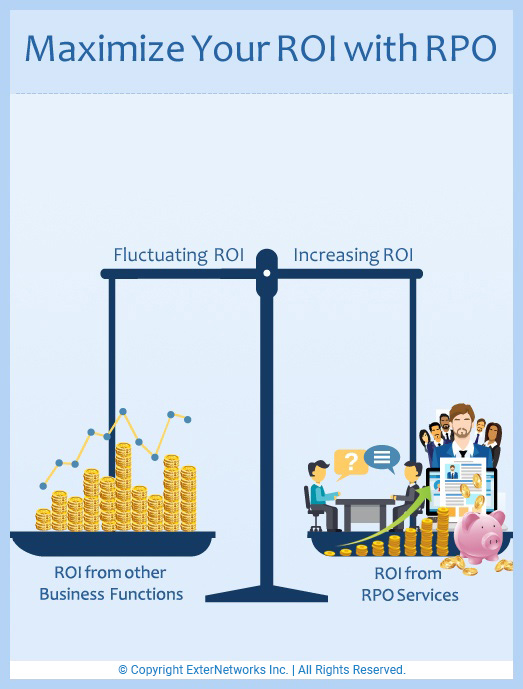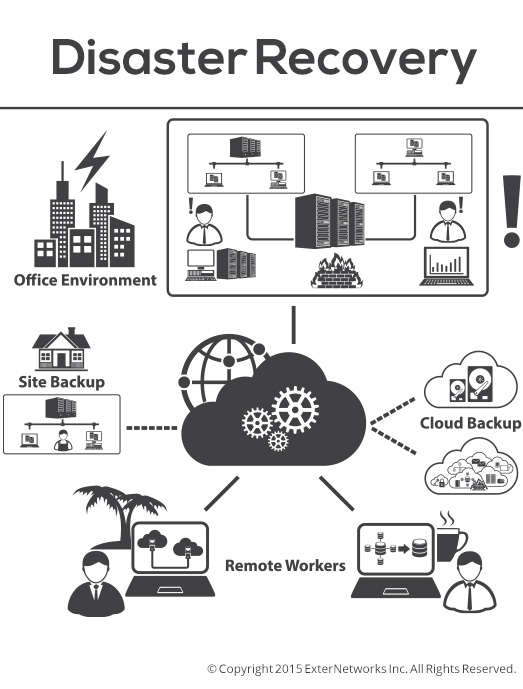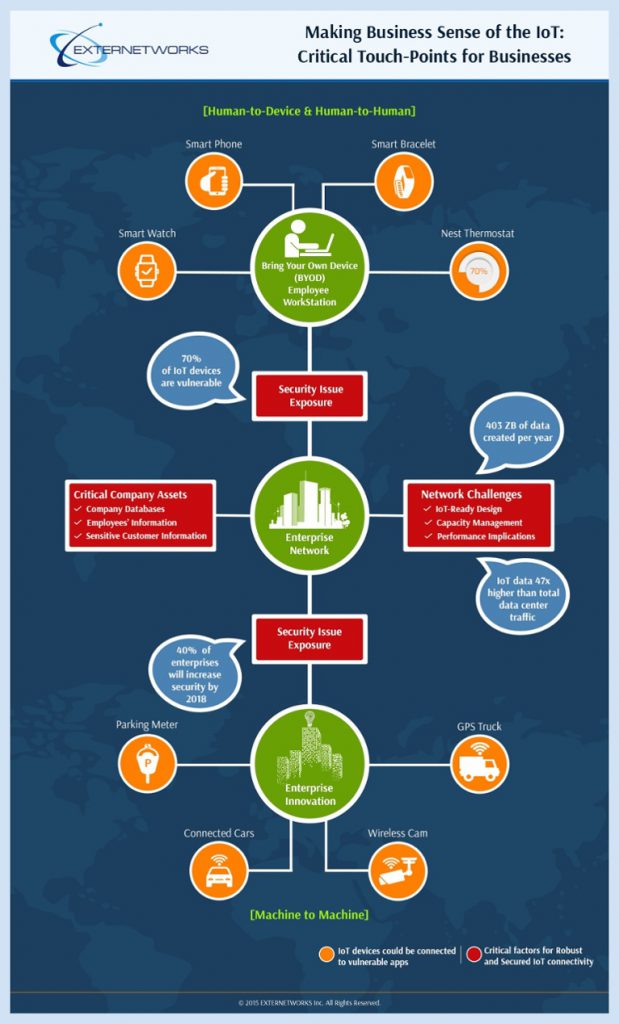Maximize Your ROI with Recruitment Process Outsourcing (Part 1) | ExterNetworks
Recruitment Process Outsourcing (RPO) is not only a smart way of reducing your costs and maximizing your revenues and profits, but also one of the best ways to get the right person for the right job. Apart from adding business value, RPO also helps in significantly increasing your company’s Return on Investment (ROI) so much so that your ROI from RPO could outweigh your normal ROI from other services. Sounds incredible? Read on…

By Recruitment Process Outsourcing, an organization can minimize the capital investment on HR and maximize its ROI.
THE NEED FOR EVALUATING ‘ROI’ ON RECRUITMENT OUTSOURCING
Recruitment is a significant activity in an organization that continues to escape the attention of many people, who seldom realize its worth or measure its impact on the organization’s top-line and bottom-line.
While outsourcing the recruitment process, an organization makes a tremendous amount of investment in it. A lot of resources, such as time and money, are spent on the recruitment process of an organization. But assessing or quantifying the returns on it, or calculating the ROI on it is a complex task for an organization. It is difficult to judge the success of a recruitment process. However, evaluating the ROI on workforce staffing can help an organization strengthen its Human Resource recruitment processes, improve its recruitment function, and build a strategic HR advantage for the organization. ROI weighs the benefits of an investment against its costs. Successful organizations must look at ROI before making any decision involving an outlay of expenditure.
HOW ‘RPO’ CAN HELP MAXIMIZE ‘ROI’
You should consider RPO if your business is experiencing strong growth, multiple acquisitions, a new business structure, or is expanding into new markets. When an RPO company solves your problem of workforce staffing solutions, it saves you more than just money. Depending on why and how you use RPO, it can save you time with the hiring process, free your HR staff to focus on important non-recruiting processes, increase the quantity of quality hires, improve your candidate experience, or all of the above.
With the increasing strategic focus on HR, more and more organizations are adopting several ways for calculating the ROI on its RPO activities. Many organizations are examining their HR outsourcing functions and processes, and are trying to quantify their results and returns. However, before making any investment, every organization should evaluate the investment by asking themselves the following questions and try to quantify the value:
- What are the costs, and the corresponding/associated risks on the investment?
- What is the expected ROI?
- What is the expected payback period of the investment?
As it is difficult to assign a monetary value on hiring the right versus the wrong candidate, many decision-makers assume that it’s more cost-effective to use in-house resources for recruitment. However, hidden costs in direct recruiting activities add up. The ROI on using an outside workforce employment agency is actually substantially higher. A professional recruiting company or a recruiting manager can calculate and maximize the ROI on its organization’s recruitment by clearly defining the goals to be achieved from recruitment, such as the following:
- Devise ways and methods to measure results such as time-to-hire, cost-per-hire, and effectiveness of the recruitment source, etc.
- Estimate the costs associated with the recruitment project.
- Estimate the tangible and intangible benefits to the organization, including the payback period of the recruitments.
- Provide proper training to recruitment professionals and ensure their development.
If your regular staff is taking time away from their normal duties to focus on recruiting, the time and money in lost productivity are adding up. In today’s world, where there are a huge number of job-seekers, it can take weeks to peruse resumes, while interviewing candidates itself can consume as much as two hours per person. Adding such activities to routine job duties can protract the candidate search for months. Meanwhile, your company is losing out on the normal business hours of your regular staff, as well as experiencing the dearth of someone in the position for interviewing the candidate.
Hiring and teaming up with a professional recruiting company for your needs and any nuances of the positions you are hiring for, will only take up a small amount of your time. As the recruiting company has established relationships, a huge network of talented people, domain knowledge, and the time to devote to your case, it will fill up the position much faster than you could with your internal resources, thus saving your valuable organizational time. A recruiting company may also help you gain better efficiencies in securing the right people at all levels in your industry.
Companies are able to leverage the objective position of an IT recruitment firm as a trusted source for competitive information in the hiring market. This proves valuable when candidates are faced with tough options and need an independent perspective of which company gives them the best career outlook. When you are able to hire right, you are able to retain better and the costs associated with employee attrition is minimized. With RPO, you get the due diligence required to hire right at scale and reduced costs. A recruiting firm is always evaluating candidates, in most cases even before the opportunity comes up. They spend time getting to know these candidates and building relationships with them. This due diligence and insights into their candidates mean you get excellent, and not merely adequate, candidates.
INCREASING ‘ROI’ VIA LOWER COST-PER-HIRE
In today’s uber-competitive environment, it has become imperative for organizations to optimize their operational cost efficiencies. Outsourcing recruitment helps in reducing costs and adding business value, which, in turn, increases the ROI. Recruitment costs can be reduced in the following ways:
- Cost-reduction via shared risk: When an economic downturn hits an organization, its recruiting requirements also abate. Similarly, when a business expands into another product category or grows geographically, the recruiting needs rise. Outsourcing recruitment activities enable a company to shift the cost risk of these resources to a recruiting partner. RPO companies embrace the responsibility of efficiently adapting resource levels according to fluctuations in hiring to ensure that the client’s burden of carrying unnecessary staff is eliminated.
- Reduction in time-to-hire: Hiring a professional employee takes both time and money. From sourcing resumes to conducting interviews and negotiating offers, acquiring a new employee taxes your company’s internal resources. For every unfilled job position, you lose each day of the prospective employee’s contribution to the company, and waste your recruiting and budgetary resources that could be better utilized for other activities. Outsourcing your internal recruitment process can drastically reduce your time-to-hire by leveraging a multitude of professional networks of the recruiting company.
- Integrate recruitment processes: The recruitment lifecycle is mostly an unorganized and uncoordinated collection of good and bad practices across business functions, departments, divisions and regions. This often leads to overrun in advertising purchases, training and on-boarding procedures and poor hiring decisions, which all ultimately add up to higher operational costs. Outsourcing your recruitment processes will give you ample time and opportunity to think about these processes. The RPO vendor will aid in analyzing your recruitment process workflows to determine the specific areas where any kind of overlap, excessive costs and inefficient practices may exist. A tailor-made outsourced model can be created for you, offering you service levels and success metrics that surpass the status quo.
These practices, time and again, yield high efficiency and satisfaction with the recruitment lifecycle, leading to overall cost reduction for your organization.
In our next and concluding part of the blog post, you will learn more about the benefits of RPO, and what constitutes the ‘real costs’ of RPO and how you can reduce them to ensure that your ROI from RPO outweighs your ROI from other business functions.









